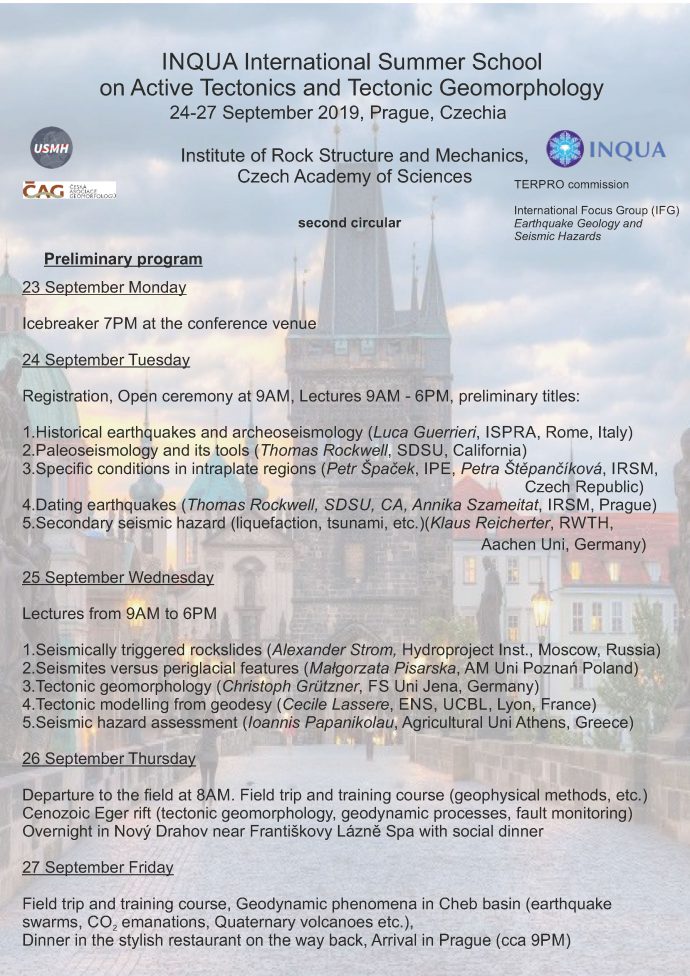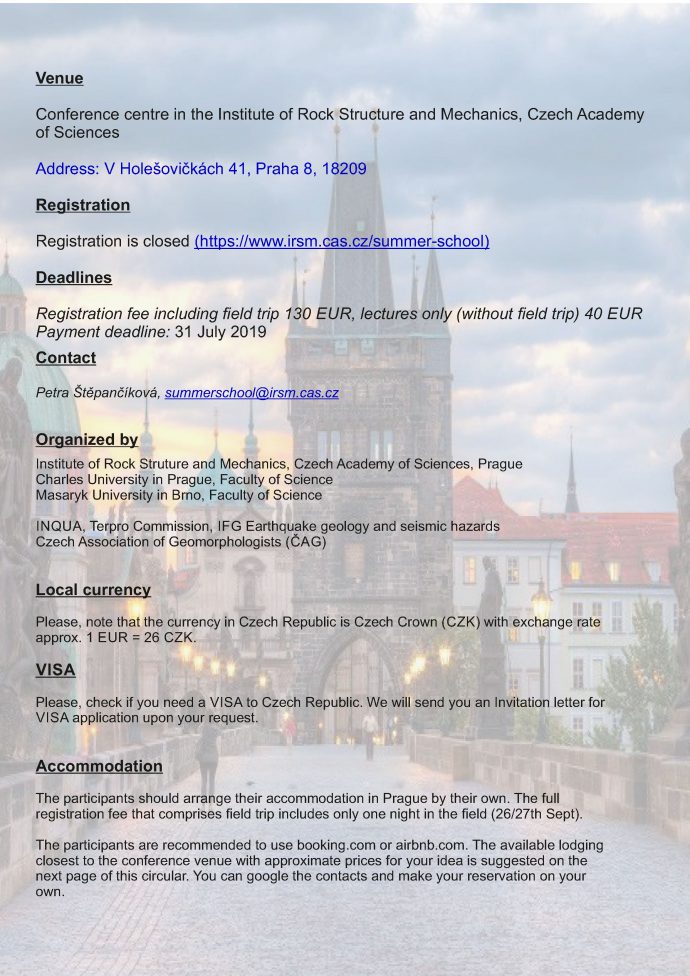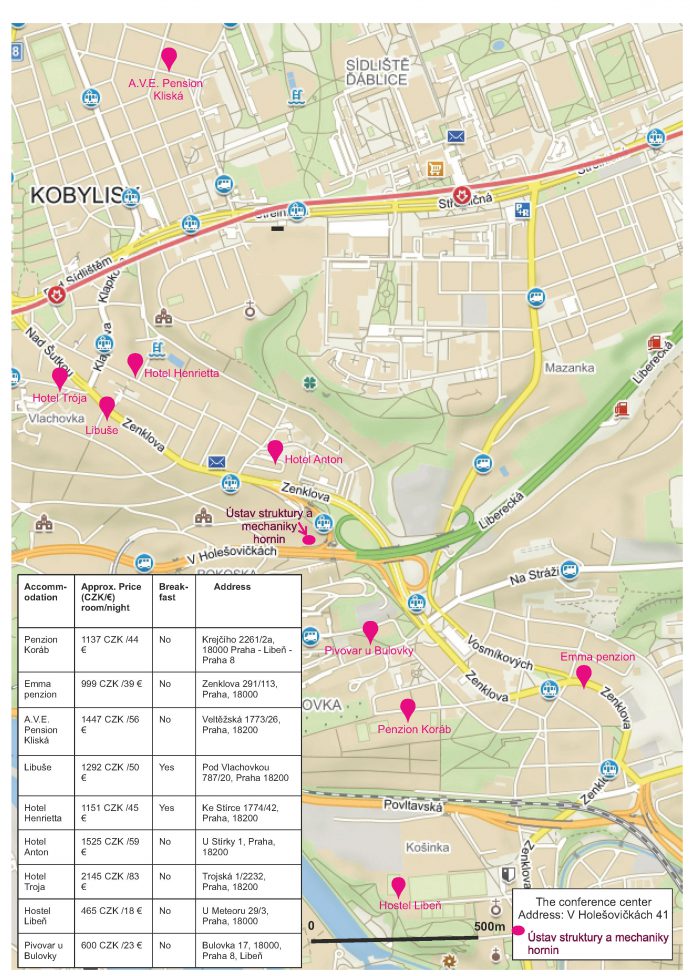The 34th IAS meeting on sedimentology will take place in Rome from 10-13 September, 2019. There are several sessions that are of interest to the paleoseismology community, and session 7.11 is especially devoted to past earthquakes:
7.11: The sedimentary record of earthquakes, tsunamis, and catastrophic/extreme events.
Massimo Moretti (Bari University, Italy); Jasper Knight (Wits University, South Africa); Giuseppe Mastronuzzi (University of Bari Aldo Moro, Italy); Andreas Vött (Mainz University, Germany).
Extreme/catastrophic events are by definition rare and episodic, but they have occurred frequently throughout Earth’s history. High magnitude events such as earthquakes, tsunamis, large-scale landslides, extreme floods and storms, extraterrestrial impacts, etc. often leave a sedimentary imprint in the geological record. Nevertheless, recognition of extreme event traces in sedimentary successions is often difficult and may be ambiguous.
This session is focused on examples of seismites, tsunamites, and other sedimentary deposits that have been formed by extreme events. We encourage contributions including field-based examples discussing different approaches on data analysis and interpretation of these deposits. We also welcome studies on analogical modelling and numerical simulation for relationships between triggering processes and products of extreme events.
Deadline for early bird registration is 30 May 2019, abstract submission closes on 30 March.
Conference website: http://iasroma2019.org/



